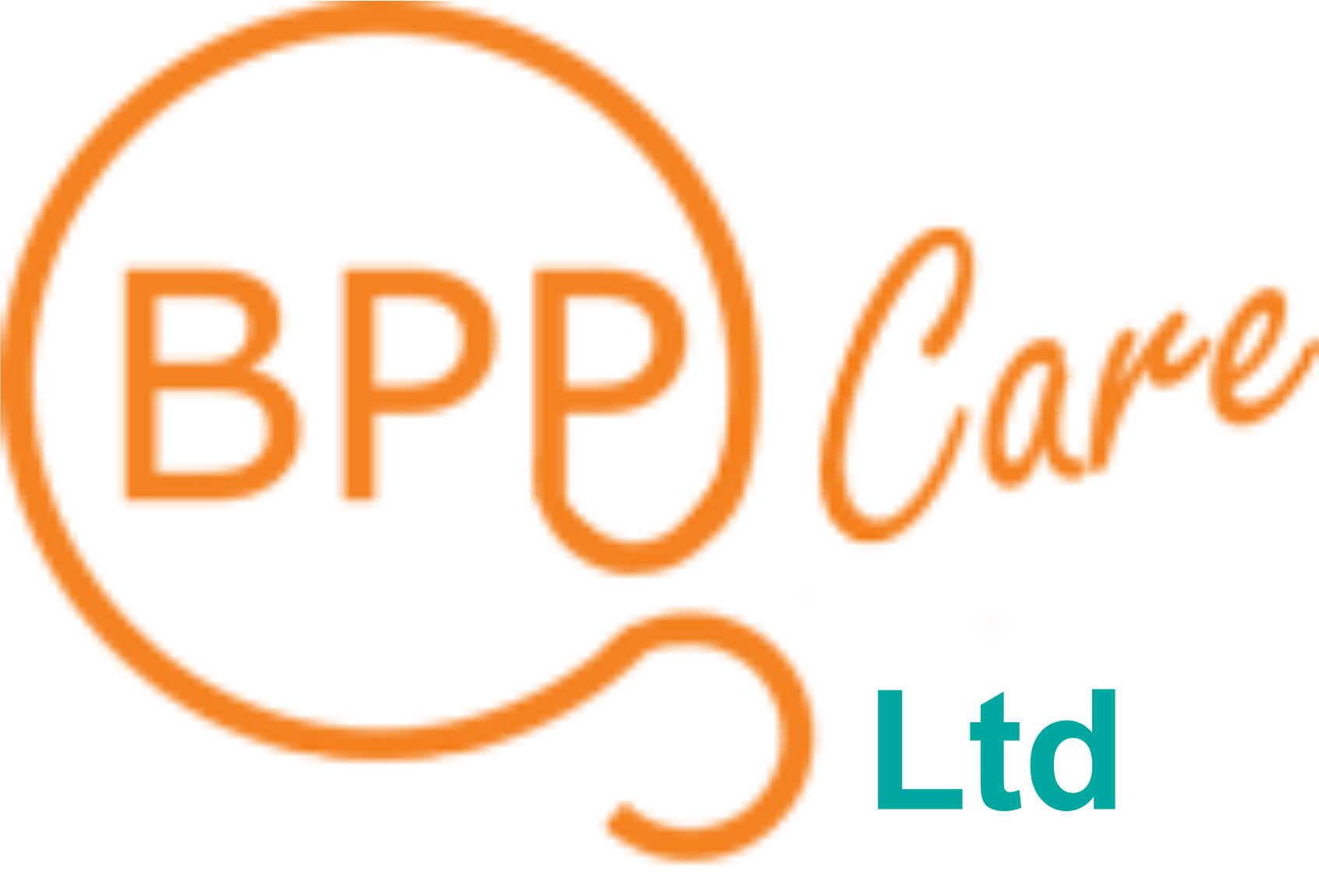
GERD in infants can be tough for both kids and parents. It often causes discomfort, such as spitting up, fussiness, and poor sleep. As a parent, it can be hard to know how to help.
GERD occurs when stomach acid frequently flows back into the esophagus, causing irritation. Common symptoms include heartburn which is a burning sensation in the chest. Other symptoms include regurgitation of food or sour liquid.

Causes of GERD in Infants
Gastroesophageal reflux disease (GERD) represents a common health issue across the Western world because the condition affects between 20 and 40 percent of people including infants.
Incidents of GERD affecting infants happen when stomach acid or contents backtrack into their esophageal region. Reflux develops when lower esophageal sphincter (LES) muscle remains underdeveloped in infants. This muscle exists to stop food from rising to the esophagus. A baby’s unformed lower esophageal sphincter leads to higher reflux frequency during their first several months of life.
There are several factors that can contribute to GERD in infants:
- Immature digestive system: As mentioned, the LES in infants is not fully developed. This is a major factor that makes infants susceptible to GERD.
- Overfeeding: Giving babies too much milk or formula at one time can lead to reflux.
- Positioning: Lying down immediately after feeding can increase the likelihood of reflux.
- Allergies or sensitivities: Some babies may have sensitivities to certain foods or ingredients, such as dairy or soy, which can contribute to reflux.
- Prematurity: Premature babies are at a higher risk of developing GERD because of their underdeveloped digestive systems.
It’s important to remember that while GERD in infants can be concerning, it is usually manageable with the right care.
Symptoms of GERD in Babies
Recognizing GERD symptoms in your baby enables you to look for appropriate medical assistance. Infants with GERD generally show these symptoms:
- Spitting up: Spitting up normally occurs in infants yet frequent forceful spitting up might indicate the presence of GERD.
- Irritability after feedings: After mealtimes your baby might display signs of discomfort which could be due to reflux occurrence.
- Poor weight gain: Weight problems in infants could signal GERD when the condition prevents them from retaining enough food to gain weight.
- Trouble sleeping: GERD creates sleep problems in babies because acid reflux symptoms make it difficult for them to rest comfortably at night.
- Coughing or wheezing: These respiratory symptoms can indicate that acid has reached the airway.
If your baby exhibits these symptoms, it’s important to speak with a healthcare professional to confirm whether GERD is the cause.
Signs of Acid Reflux in Toddlers at Night
While GERD is common in infants, it can continue into the toddler years. In toddlers, acid reflux may be most noticeable at night. The signs include:
- Frequent coughing or choking: This is due to the acid irritating the throat and airway during sleep.
- Restlessness: Your toddler may have trouble sleeping due to discomfort from reflux.
- Regurgitation: You may notice food or liquid coming back up into your toddler’s mouth during sleep.
- Nighttime vomiting: In some cases, GERD can cause vomiting, particularly at night when your child is lying flat.
If your toddler experiences these symptoms frequently, it’s important to consult with a pediatrician to rule out GERD and explore treatment options.
Acid Reflux in Babies Natural Remedies
Parents often seek natural remedies to help manage GERD in infants. While it’s essential to speak with your pediatrician before trying any natural treatments, here are some commonly recommended options:
- Gripe water: Many parents turn to gripe water, which is a blend of herbs that may help with gas and indigestion. It’s often used to soothe babies with mild reflux symptoms.
- Chamomile tea: A small amount of chamomile tea, given under a pediatrician’s guidance, can help calm your baby’s digestive system. This is not advisable for babies under 6 months of age.
- Probiotics: Some studies suggest that probiotics may help balance the digestive system and improve symptoms of reflux.
- Feeding position: Ensuring your baby is in a more upright position while feeding can reduce the chance of reflux.
- Avoiding irritants: If your baby has sensitivities to certain foods, like dairy, eliminating these from the diet (if breastfeeding) or switching formulas may help.
How to Clear Newborn Reflux Congestion
Congestion in newborns can be a common symptom of GERD. When stomach acid irritates the airway, it can lead to stuffiness or congestion. Here are some tips to help clear this congestion:
- Saline drops: These can help loosen mucus in your baby’s nose and ease congestion.
- Humidifier: Using a cool-mist humidifier in your baby’s room can help keep the air moist, preventing congestion from worsening.
- Elevating the head during sleep: As mentioned earlier, elevating the head of the crib slightly can help with reflux and reduce congestion caused by it.
- Suctioning: If your baby is particularly congested, using a bulb syringe to gently clear the nose can help them breathe easier.
- Hydration: Ensuring your baby stays hydrated is key to clearing up congestion and helping their digestive system function properly.
Guidelines for GERD in Infants
When it comes to managing GERD in infants, several guidelines can help parents ensure their babies are comfortable and healthy. These guidelines are designed to reduce symptoms and improve the quality of life for both babies and parents.
- Feeding adjustments: Try smaller, more frequent feedings to prevent overfeeding. This can help reduce the risk of reflux.
- Burp your baby: Frequent burping during and after feedings helps release any trapped air in the stomach, which can reduce reflux episodes.
- Elevate the head: After feeding, hold your baby upright for 20-30 minutes. This helps gravity prevent reflux from occurring.
- Adjust sleeping positions: While it’s important to follow safe sleep guidelines, elevating the head of the crib slightly can help reduce GERD symptoms. Always consult with a pediatrician before making changes to sleeping arrangements.
- Use of medications: In more severe cases, a pediatrician might recommend acid-suppressing medications. According to American Family Physician, “Histamine H2 receptor antagonists and proton pump inhibitors are the principal medical therapies for GERD. They are effective in infants, based on low-quality evidence, and in children and adolescents, based on low- to moderate-quality evidence.” However, these should only be used under medical supervision.
By following these guidelines, many parents can manage their baby’s GERD symptoms without the need for more invasive treatments.
Laryngopharyngeal Reflux (LPR)
In some cases, children may experience LPR, which is similar to GERD but affects the throat. With LPR, stomach acid moves up into the voice box and throat, causing symptoms like chronic coughing or hoarseness.
Unlike GERD, LPR doesn’t always cause spitting up. It’s important to watch for these signs. If your child has these symptoms, talk to your pediatrician for the best treatment.
Call a healthcare professional when you think your baby shows signs of GERD without delay. Early detection of sickness will prevent both your stress and additional complications while providing immediate comfort to your baby.
